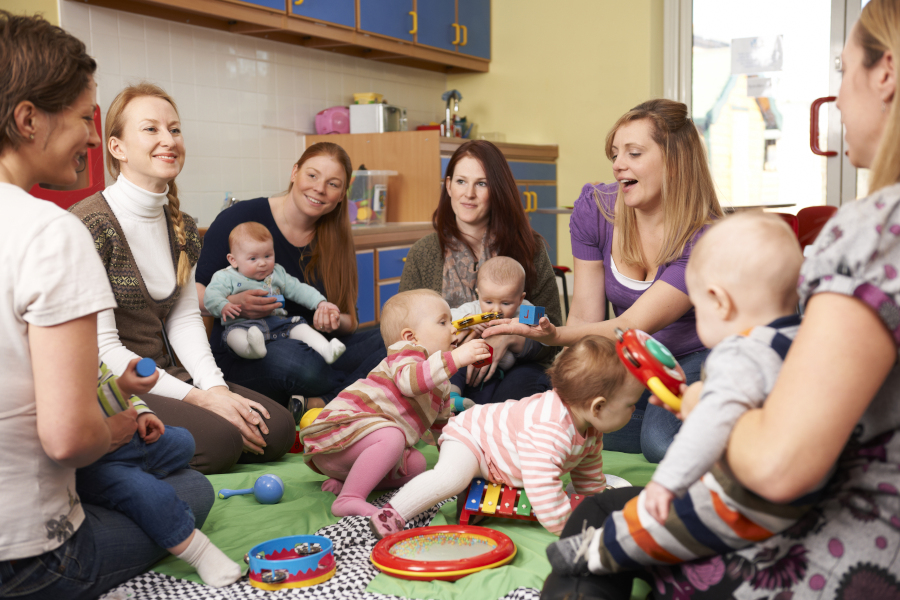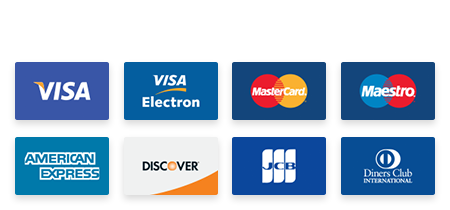
Choosing the right type of daycare setting for your child is a critical decision that can significantly impact their development, well-being, and overall happiness. A variety of daycare options are available to parents and they often find themselves overwhelmed by the choices. This article aims to provide a comprehensive guide to help you understand the different types of daycare settings, their advantages, and factors to consider when making this important decision.
In-home daycare, also known as family daycare, is provided in the caregiver's home. This setting typically has a more relaxed, homelike atmosphere and often accommodates fewer children, allowing for more personalized attention. Caregivers may offer flexible schedules, making it a suitable option for parents with irregular work hours. The environment is often less formal than center-based daycare, providing a comfortable and nurturing space for children to learn and grow.
Center-based daycare facilities are structured environments that cater to larger groups of children. They usually follow a set curriculum and have strict regulations and standards. These centers often have a variety of resources and activities, including outdoor play areas, art supplies, and educational toys. The staff is typically trained in early childhood education, ensuring that children receive age-appropriate care and learning opportunities.

Montessori daycare centers follow the educational philosophy of Maria Montessori, focusing on child-led learning, independence, and a mixed-age classroom. Children are encouraged to explore their interests and learn at their own pace through hands-on activities and materials. The environment is carefully designed to promote self-discipline and a love for learning. Montessori daycare is ideal for parents who value a holistic approach to education that nurtures the whole child.
Cooperative daycare is run by a group of parents who take turns caring for the children. It fosters a sense of community and involvement but requires a significant time commitment. Parents are actively involved in the daycare's operations, from planning activities to managing finances. This type of daycare often has a strong emphasis on parent-child bonding and offers a unique opportunity for families to connect and support each other.
Faith-based daycare centers are affiliated with a religious organization and often incorporate religious teachings into their curriculum. These centers not only provide care and education but also focus on spiritual development and moral values. Activities may include prayer, religious stories, and celebrations of religious holidays. Parents who choose faith-based daycare often appreciate the alignment of the daycare's values with their own family beliefs.
Corporate daycare is provided by employers for their employees' children. It is often located on or near the workplace, making it convenient for working parents. These facilities are usually equipped with modern amenities and follow high standards of care and education. Corporate daycare can be a valuable perk for employees, offering peace of mind and reducing the stress of balancing work and family responsibilities. Some corporate daycare facilities allow nursing mothers an opportunity to breast feed their child.

When choosing the right daycare setting for your child, consider the following factors:

Choosing the right daycare setting is a multifaceted decision that depends on your child's needs, family values, and practical considerations. It is essential to research, visit potential daycare centers, and trust your instincts. The right daycare can provide a nurturing environment for your child to grow, learn, and thrive.
Remember, the best choice is one that aligns with your family's needs and provides a safe, stimulating, and loving environment for your child. Take your time, weigh your options, and make an informed decision that will benefit your child's development and well-being.
This information is presented as a general guide to choosing the right daycare setting. It is for informational purposes only. The information provided is not intended to be the only information available about choosing the right daycare setting. The material provided is not expected to be a substitute for advice or information from your physician or health care provider.
If you have any questions, concerns, fears, apprehensions, unease, or worry about choosing the right daycare setting contact your health care provider immediately.


ALL WARRANTIES OF ANY KIND WHATSOEVER EXPRESS, IMPLIED, AND STATUTORY, ARE HEREBY DISCLAIMED. ALL IMPLIED WARRANTIES OF MERCHANTABILITY AND FITNESS FOR A PARTICULAR PURPOSE ARE HEREBY DISCLAIMED. THE PRODUCTS SOLD, INCLUDING SONOGRAMS, ULTRASOUNDS, FAKE PREGNANCY DOCUMENTS, AND FAKE PREGNANCY TESTS ARE SOLD ‘AS IS’ BASIS.
THE SITE CANNOT AND DOES NOT CONTAIN [MEDICAL/ LEGAL/ FITNESS/ HEALTH/ OTHER] ADVICE. THE INFORMATION IS PROVIDED FOR PRANKS PURPOSES ONLY AND IS NOT A SUBSTITUTE FOR PROFESSIONAL ADVICE.
ACCORDINGLY, BEFORE TAKING ANY ACTIONS BASED UPON SUCH INFORMATION, WE ENCOURAGE YOU TO CONSULT WITH THE APPROPRIATE PROFESSIONALS. WE DO NOT PROVIDE ANY KIND OF MEDICAL/ LEGAL/ FITNESS/ HEALTH ADVICE. THE USE OR RELIANCE OF ANY INFORMATION CONTAINED ON THIS SITE, OR OUR MOBILE APPLICATION, IS SOLELY AT YOUR OWN RISK.
THIS WEBSITE DOES NOT PROVIDE MEDICAL ADVICE. THE INFORMATION, INCLUDING BUT NOT LIMITED TO, TEXT, GRAPHICS, IMAGES AND OTHER MATERIAL CONTAINED ON THIS WEBSITE ARE FOR PRANK PURPOSES ONLY. NO MATERIAL ON THIS SITE IS INTENDED TO BE A SUBSTITUTE FOR PROFESSIONAL MEDICAL ADVICE, DIAGNOSIS OR TREATMENT. ALWAYS SEEK THE ADVICE OF YOUR PHYSICIAN OR OTHER QUALIFIED HEALTH CARE PROVIDER WITH ANY QUESTIONS YOU MAY HAVE REGARDING A MEDICAL CONDITION OR TREATMENT AND BEFORE UNDERTAKING NEW HEALTH CARE REGIMEN, AND NEVER DISREGARD PROFESSIONAL MEDICAL ADVICE OR DELAY IN SEEKING IT BECAUSE OF SOMETHING YOU HAVE READ ON THIS WEBSITE.
THE PARTIES AGREE THAT ANY PRODUCT PURCHASED ON THE BABY MAYBE WEBSITE SHALL NOT BE USED FOR ANY PROPOSE OTHER THAN AS A PRANK. WITHOUT EXCEPTION NO BABY MAYBE PRODUCT SHALL BE PROVIDED/SUBMITTED TO ANY GOVERNMENTAL OR OTHER AGENCY, MEDICAL DOCTOR, ARBITER OF A DISPUTE, AS PROOF OF PREGNANCY, PAST OR CURRENT, OR TO CLAIM ANY BENEFIT FOR WHICH A PREGNANT WOMAN MAY BE ELIGIBLE, OR ENTITLED TO RECEIVE, BASED ON HER BEING PREGNANT. NO HIPAA PROTECTED PATIENT HEALTH INFORMATION CONNECTED TO ANY BABY MAYBE PRODUCT, IS INTENDED, OR CONVEYED, WITH RESPECT TO THIS SALE.
THE PARTIES AGREE THAT BABYMAYBE IS NOT RESPONSIBLE FOR ANY LIABILITY WHATSOEVER FOR DELAYS IN SHIPPING THE PRODUCT. THE PARTIES FURTHER AGREE THAT THE SOLE REMEDY FOR ANY SHIPPING DELAYS IS THE REFUND OF THE PURCHASER’S PAYMENT FOR THE PRODUCT.
THE PARTIES AGREE THAT THE FORUM FOR ANY LEGAL ACTION ASSOCIATED WITH THE SALE AND PURCHASE OF THE PRODUCT IS THE STATE OF ILLINOIS.